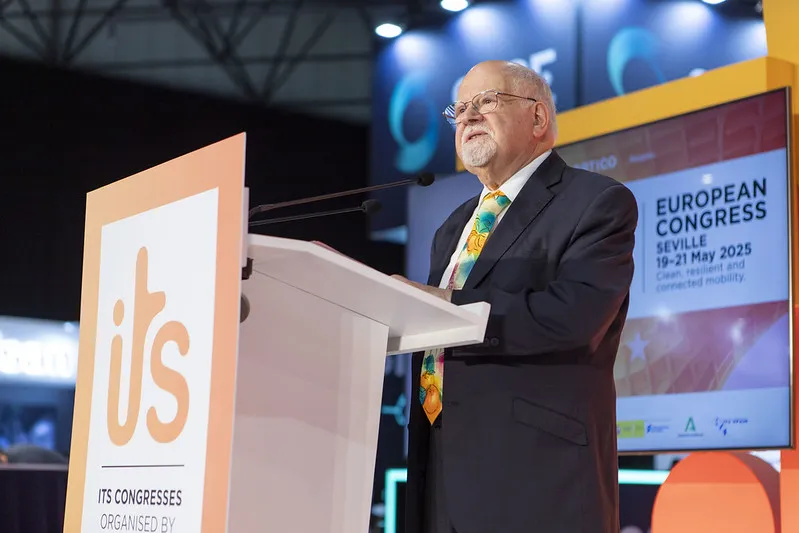Fugro Roadware has won a two-year, US$3 million, contract from the US SHRP 2 (Strategic Highway Research Programme 2), for the collection of roadway data at highway speed, using ARAN’s (Automatic Road Analysers) on selected roads, within the six SHRP 2 naturalistic driving study sites.
April 17, 2012
Read time: 1 min
RSS855 Fugro Roadware has won a two-year, US$3 million, contract from the US SHRP 2 (Strategic Highway Research Programme 2), for the collection of roadway data at highway speed, using ARAN’s (Automatic Road Analysers) on selected roads, within the six SHRP 2 naturalistic driving study sites.
SHRP 2 was created by the2018 US Congress in 2006 to address the challenges of moving people and goods safely and efficiently on US highways. The research programme is focused on four areas: safety, renewal, reliability, and capacity. US$170 million has been allotted to the programme which has a total duration of seven years.
Fugro’s contract is on Project S04B, which falls under the safety scope of the SHRP 2 research programme. This seeks to address the safety of US Highways which have not kept pace with the increase in road usage, an aging population, larger vehicles, new vehicle technologies, and changing driver behaviour, amongst other things.
SHRP 2 was created by the
Fugro’s contract is on Project S04B, which falls under the safety scope of the SHRP 2 research programme. This seeks to address the safety of US Highways which have not kept pace with the increase in road usage, an aging population, larger vehicles, new vehicle technologies, and changing driver behaviour, amongst other things.










